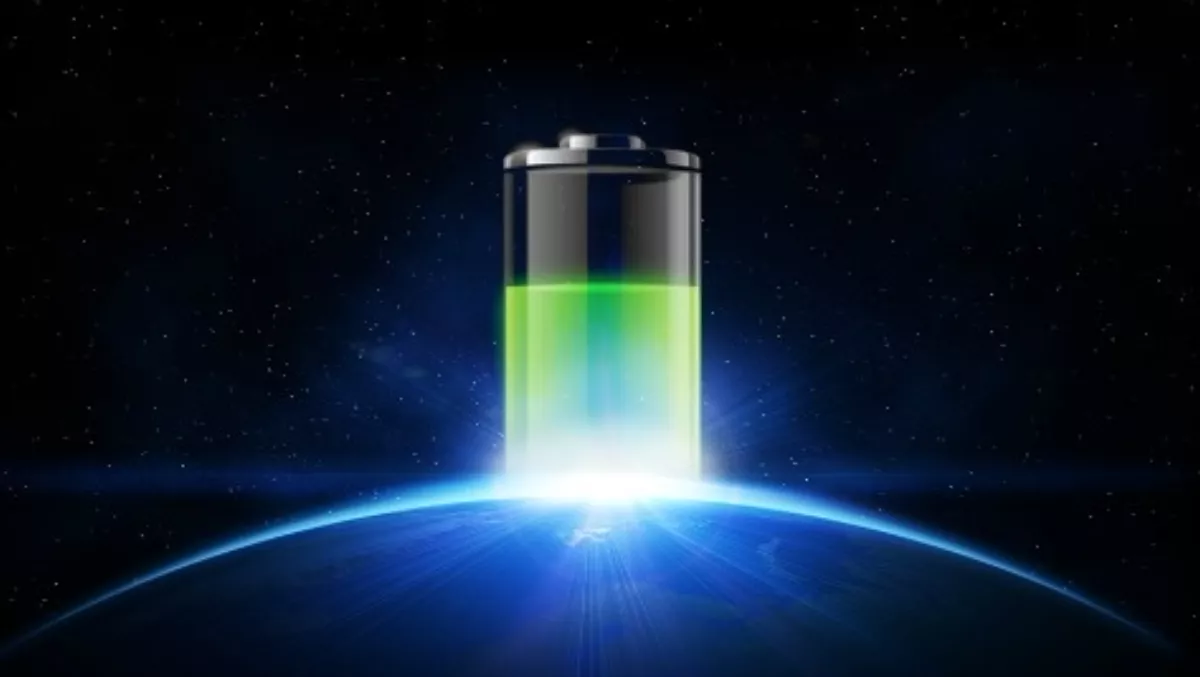
'Power over Wi-Fi': Scientists revolutionise the recharging game
A team of researchers at the University of Washington are developing a 'power over Wi-Fi' system that has the ability to recharge batteries from up to 28 feet (8.5 metres) away.
In the paper titled, 'Powering the Next Billion Devices with Wi-Fi', the researchers say, "We present the first power over Wi-Fi system that delivers power and works with existing Wi-Fi chipsets.
"Specifically, we show that a ubiquitous piece of wireless communication infrastructure, the Wi-Fi router, can provide far field wireless power without compromising the network's communication performance.
The system consists of a router, which is the access point, and custom-built sensors. These sensors generate battery power by harnessing radio frequencies in the air.
"The goal of the sensors is to harvest RF (radio frequency) power and convert it into DC power," says project researcher Vamsi Talla.
"The second piece, the access point, there we actually developed a custom solution on it, just a software modification that would enable the access point to act both as a good power delivery source and, simultaneously, also as a good Wi-Fi router," she says.
Therefore, an access point will be able to charge a device while also providing a working wireless connection.
In order to test the system in a real-world context, the research team deployed it in six homes in a metropolitan area using Asus' RT-AC68U routers that were configured with custom codes.
The results showed the design can successfully deliver power via Wi-Fi in everyday network conditions.
Any commonly used routers can be used as all they need, in theory, is a firmware upgrade, says Talla.
Prior to this, the researchers conducted small-scale tests on rechargeable batteries, temperature sensors and cameras. They managed to charge these devices at distances of 28 feet, 20 feet and 17 feet, respectively.
The team has already found a start-up that is working to convert the current system into a working product that can be made commercially available.
Meanwhile, the researchers are working on upgrading the system, focusing on increasing coverage distance by making the harvesters more effective and improving the code to strengthen the access point.
They are also working on defining their market and seeing whether the system fits best with industrial or commercial needs.
The system would potentially be able to reach higher numbers if it wasn't for the Federal Communications Commission's (FCCs) limit of one-watt power outputs on wireless routers.
"There is increasing interest in the Internet-of-Things where small computing sensors and mobile devices are embedded in everyday objects and environments," the researchers wrote in their paper.
"A key issue is how to power these devices as they become smaller and more numerous; plugging them in to provide power is inconvenient and is difficult at large scale.
"We introduce a novel far-field power delivery system using existing Wi-Fi chipsets. We do so while minimising the impact on Wi-Fi network performance.


